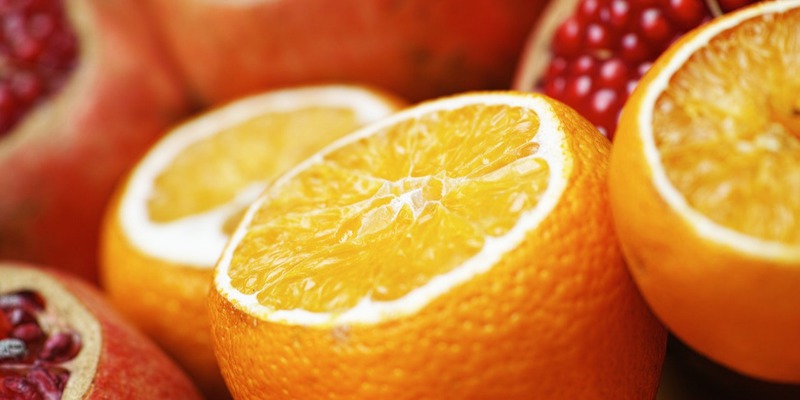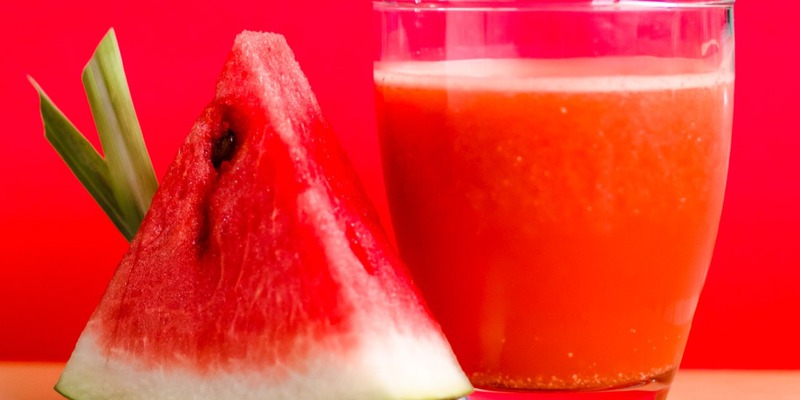20 things you should know about nutrition

Every day we hear something new about nutrition. With information coming at us from all directions, it often seems that one day something is good for you, but the next day it is reported as unhealthy! It is easy to get confused about what is nutritious and what is not. One thing to remember is that whole foods are much better for you than processed foods, but that doesn't mean you have to give up processed foods altogether.
1. eat your vitamins
Many people worry that they are not getting the daily amount of vitamins that their bodies need. This leads people to take multivitamins to reach the recommended daily amount, but the best way for people to get their vitamins is to eat them. Why. A diet of whole grains, vegetables and fruits provides the vitamins and minerals the body needs. A person taking multivitamins can easily exceed the recommended daily amount of vitamins their body needs. Therefore, it is important to consult with a doctor or nutritionist about which supplements or multivitamins are appropriate for you!
2. herbal supplements are not always safe
Herbal supplements come from roots, seeds, fruits and plant leaves, but they are not regulated. In fact, there's no guarantee that what's on the package is what's in the herbal supplement. You cannot be sure that an herbal preparation actually does what it claims to do unless it has been tested.
3. the juice is filled with sugar

Fruit juice is delicious, but it's filled with sugar and can be pretty bad for us. Many types of fruit juice contain a lot of highly concentrated added sugar, which is hard for the body to process. One hundred percent juice is a healthier alternative because it contains no added sugar: just the natural sugar that comes from the fruit. Whole fruits are filled with many nutrients and antioxidants, including fiber, which can slow the body's absorption of sugar.
4. "Natural" does not mean healthy
The use of the term "natural" can sometimes be deceptive. There is no standard definition to determine if a food is natural. However, it is said that the term "natural" can be applied to foods to which no color, artificial flavors or substances have been added. Foods that claim to be natural are not always low in fat, calories or carbohydrates, and are not always the healthiest option.
5. you can eat fats
There are many types of fat, some good and some bad. Our bodies rely on fat to protect organs and store body heat. Vitamins A, D, E and K are fat-soluble, which means they rely on fat to move through the body. People who give up fats to be healthy are actually giving up these essential vitamins, which could lead to vitamin deficiencies. Intake of trans and saturated fats should be limited, as these fats can raise cholesterol levels. Unsaturated fats have the opposite effect. They can lower bad cholesterol levels and offer many heart health benefits. Foods rich in unsaturated fats are the following:
6. Real Food is the Key to Health
What do we mean by real food? Eating fruits, vegetables and whole grains that are not overly processed will keep you healthy. By eating whole foods, you can avoid overly processed foods that are packed with sugar, sodium, carbohydrates and fats.
7. carbohydrates are not evil
Information you hear about carbohydrates is confusing. Which ones are good and which ones are bad? With carbohydrates, it depends on what kind you choose. The best sources of carbohydrates are unprocessed whole grains, fruits and vegetables. White bread, highly processed foods and pastries are unhealthy sources of carbohydrates that can contribute to weight gain.
8. protein is not the best source of energy
For an athlete, exercise breaks down protein in the muscle, making protein an important nutrient to consume regularly. Despite an athlete's protein needs, using protein as an energy source can actually affect muscle recovery. It is often believed that consuming protein in large amounts will lead to muscle mass, but this is false! Only physical activity can increase muscle mass.
9. sodium is not always bad
This one is tricky. Sodium helps regulate blood pressure and volume, but too much sodium can lead to high blood pressure over time. Foods that are highly processed are often packed with sodium. Dietary changes to reduce salt intake could lead to a reduced risk of heart disease, stroke, kidney damage and high blood pressure. It is recommended that you consume less than 1,500 mg of sodium daily; check with your primary care physician or a dietitian to find out what amount is right for you.
10. drink plenty of water

Water is important, as it is in every body of ours! Water is in every organ, tissue and cell of our body. It helps keep body temperature normal, protects the spinal cord and lubricates joints. If that's not enough to convince you, water also flushes through our vital organs, helping you stay in tip-top shape. If you don't have enough water in your body, you can become dehydrated.
11. red meat is ok
You can eat red meat, but only in small amounts. Large amounts of red meat have been linked to some chronic diseases. Research has linked red meat to diabetes, cancer, and cardiovascular disease. This doesn't mean you have to give up steak completely, but don't eat it regularly. Replace red meat with other protein sources, like fish or nuts.
12 Your diet affects your health
An unhealthy diet can lead to long-term effects on your body. Diets filled with oils, refined carbohydrates, fats and highly processed foods can lead to obesity. Obesity has been linked to chronic diseases such as type 2 diabetes, heart disease, high blood pressure, sleep apnea and some cancers. A diet rich in whole grains, fruits and vegetables provides us with the nutrients we need to fight disease and maintain wellness.
13. Understand your food labels
Food labels can be difficult to understand. Knowing what the information means and what it does to you can help you make healthy, informed decisions about your diet. Some countries are proposing initiatives to require food manufacturers to put ingredient and nutrition labels on the front of packages to help consumers make informed choices.
14. eat small portion sizes
It is difficult to avoid oversized portions, especially when eating in restaurants, which usually leads to overeating. The amount you eat plays a role in how much energy you have. Figure out the right portion sizes for you. If you overeat, be aware of what causes you to ignore choosing reasonable portion sizes.
15. eat your favorite foods in moderation
Is your favorite food pizza? That's perfectly fine! Make sure you eat your pizza in moderation. If you deprive yourself of your favorite foods, you will tend to overeat when you do eat them. Consider making your pizza a healthier option by ordering it with vegetables or opting for Canadian bacon, which contains less fat than pepperoni.
16. breakfast is really an important meal

Feeling rushed or too busy is a common reason for skipping breakfast. Skipping a meal can make you hungrier and eat more throughout the day. Research has discovered a link between heart disease and skipping breakfast. By eating that morning meal, people have more energy and could make healthier choices throughout the day.
17. "Low-fat" or "fat-free" does not necessarily mean healthy
Fruits, vegetables and whole grains contain little fat in their natural state. But don't be fooled! Processed foods labeled "low-fat" or "fat-free" usually contain more salt and sugar to make up for the flavor lost when the fat is removed.
18. dietary fiber lowers "bad" cholesterol
Soluble fiber, found in barley, oatmeal, apples and beans, reduces "bad" cholesterol by reducing the absorption of cholesterol into the bloodstream. Ten grams of fiber per day can lower both your total and LDL cholesterol, but more is often recommended. Some offer this calculator to determine how much fiber your body needs. Eating oatmeal with fruit for breakfast is a good way to get fiber into your diet.
19. good nutrition reduces the risk of chronic disease
According to various data, seven of the 10 leading causes of death in men and women are chronic diseases. Foods high in sugar are associated with the risk of diabetes, and foods high in sodium affect blood pressure, which is a major risk for stroke. A diet filled with vegetables, fruits, and whole grains could help prevent serious diseases such as stroke, diabetes, and heart disease.
20. children also need good nutrition
Don't forget your kids! A healthy diet helps kids grow, play, run, walk, sleep and everything in between. Kids are also at risk for developing diseases like diabetes. It can be a struggle to get your child to eat well, but a child who is healthy grows into a healthy adult.
More information
Always consult your healthcare provider to ensure that the information displayed on this page applies to your personal circumstances.














